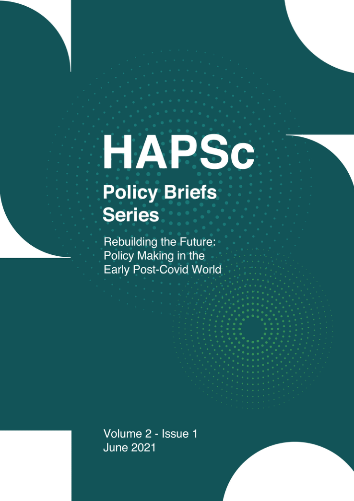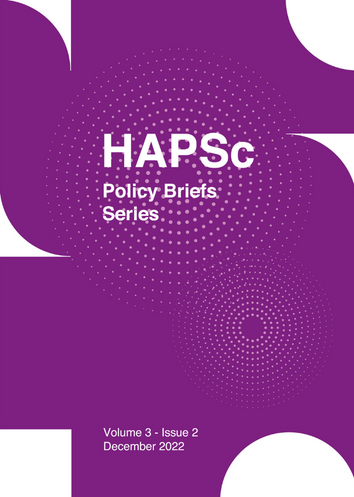Contentious Politics in Defense of Neo-Militant Democracy in Poland: The Rationale Behind Fighting a Quasi-Militant Democracy
Abstract
The article aims to present voters, and self-governments’ opposition toward the correspondence form of the presidential elections in Poland. The elections were to take place during the coronavirus pandemic (in May 2020), and due to the epidemiological threat, a decision was made to change their form. Initially, correspondence elections were to include older people, those being at risk of infection, and later all citizens with active voting rights. The organization of elections in this form faced great resistance due to doubts related to the secrecy of the elections, the transfer of voters’ personal data to the Polish Post (Poczta Polska), or the pragmatic nature - no letterboxes, as well as legal ones - violation of the provisions of the Electoral Code which regulates electoral issues in Poland. Limiting electoral rights is also one of the symptoms of becoming a neo-militant democracy. The emphasis was put primarily on fears, doubts and allegations raised by protesters regarding the organization of elections in the correspondence form and the actual processes of quasi-militant democracy implementation. The analysis makes it possible to explain the reasons and motives for the resistance of the protesters and what solutions were proposed in their place. On this basis, it introduces recommendations to the government to restore stability in the state and end protests.
Article Details
- Zitationsvorschlag
-
Rezmer-Płotka, K. (2021). Contentious Politics in Defense of Neo-Militant Democracy in Poland: The Rationale Behind Fighting a Quasi-Militant Democracy. HAPSc Policy Briefs Series, 2(1), 24–29. https://doi.org/10.12681/hapscpbs.27652
- Rubrik
- Articles

Dieses Werk steht unter der Lizenz Creative Commons Namensnennung 4.0 International. Authors retain copyright and grant the journal right of first publication with the work simultaneously licensed under a Creative Commons Attribution License that allows others to share the work with an acknowledgement of the work's authorship and initial publication in this journal.





